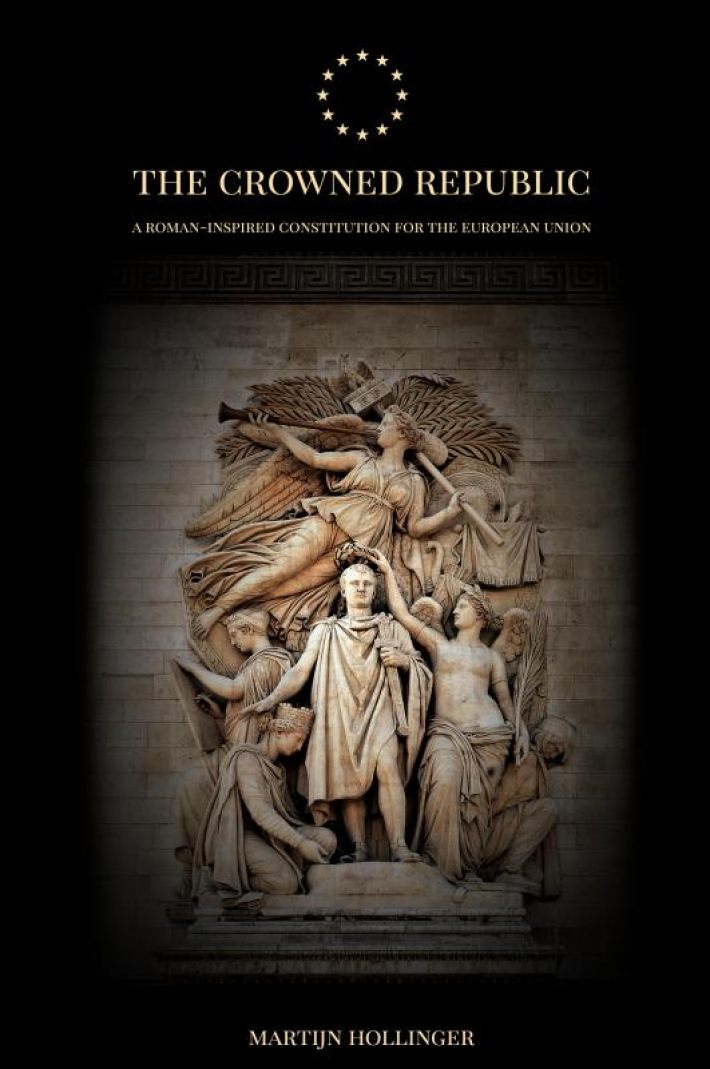Personen
Martijn Hollinger
NUR Codes (sub)
680 Geschiedenis algemeen
Ondergang van het romeinse ryk
Een zee van tijd
The Armoured Campaign in Normandy, june-August 1944
The Queen and Mrs Thatcher

'When a citizen suddenly obtains an exorbitant power in a republic, the chance of abuse is much greater than within a monarchy, because the laws foresaw it not, and consequently made no provision against it.' - Montesquieu. More than 2500 years ago, the Roman people felt misrepresented by their government and left the city in protest, demanding an equal say in politics. The Senate complied with their wishes by instituting a magistrate who could veto all legislation, judicial rulings and executive actions whenever he felt they conflicted with their interests. In return, the senators reserved the right to appoint a dictator who could rule by decree in times of emergency, unhindered by any of the regular proceedings. A combination of these two offices in the form of a supreme institution for the European Union with delegated powers would allow its citizens to veto all federal decisions by means of a referendum. To counterbalance these extraordinary interventions, the national leaders of government would be able to access its emergency powers in times of crisis.